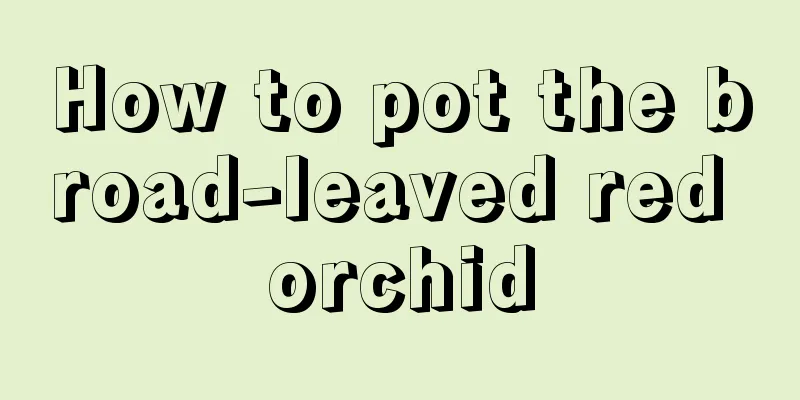The ornamental effect of crape myrtle

The ornamental effect of crape myrtleThere are many varieties of crape myrtle, with a long flowering period, from about June to October. The flowers bloom in clusters with rich, bright and beautiful colors, including purple, fiery red, white and blue, etc., and are highly ornamental. Just when all the flowers are fading, only the crape myrtle flowers are blooming vigorously, with all kinds of colors, creating a unique and beautiful landscape. Crape myrtle has a long lifespan and is widely used in garden applications. It can also be used as a potted plant or home bonsai to decorate living rooms, study rooms, balconies, etc., adding natural beauty and enhancing aesthetic quality. Crape myrtle is an excellent flowering tree and has been widely cultivated as an ornamental tree in gardens. It can be found around buildings, in courtyards, by pools and rivers, on lawns, etc. In addition, crape myrtle is also an excellent street tree. It can usually be planted in parks, residential areas, factories and around roads. It not only purifies the environment and absorbs dust, but also has extremely high ornamental value. Naturally, there are many poems praising the beauty of crape myrtle. Let’s take a look at it below and find the beauty of crape myrtle in the poet’s writing: "Crape myrtles bloom the longest, blooming for ten days, as summer passes and autumn begins, new flowers continue to bloom on the branches" (Ming Xue Hui) "As if infatuated or drunk, she is even more beautiful, but under the pressure of dew and wind, she looks particularly slanting. Who says flowers don't last a hundred days? Crape myrtle blooms for half a year." (Yang Wanli, Song Dynasty) Of course, the most famous is the line from Bai Juyi's long poem "Crape Myrtle": "It alone occupies the fragrance of the summer scenery, and does not entrust its color to the spring breeze." |
<<: Is the yellow cicada poisonous?
>>: The flower language and legend of Phoenix bamboo
Recommend
When is the best time to plant saffron and when does it bloom?
Saffron, also known as saffron and crocus, is a m...
How to propagate yellow horn orchid by cuttings How to propagate yellow horn orchid by cuttings
Yellow jasmine can be propagated by cuttings in s...
What is kale?
What is kale? Cabbage is a kind of vegetable that...
Should chrysanthemums be exposed to the sun? What should I do if they wilt?
1. Should I get some sun? Chrysanthemum is a sun-...
How long is the growing period for broccoli?
How long is the growing period for broccoli? The ...
When is the right time to sow oil sunflower?
Sunflower sowing time Oil sunflower is the abbrev...
It is better to grow vegetables than to grow flowers in winter. They are still green at -10℃. You don’t have to buy vegetables all winter!
spinach Spinach is rich in nutrients and relative...
How to cultivate Zhizhihua
Growth conditions of chrysanthemum Zhizhihua, als...
What is stinky vegetable?
What is stinky vegetable? Stinky vegetable is a p...
How long does it take for aloe vera cuttings to take root and sprout?
Aloe cutting rooting time Cutting time : The best...
Is Bear's Paw poisonous?
1. Is it toxic? As we have said above, it is a pl...
Causes and treatments for the fragrant garcinia leaves
1. Too much watering 1. Reason: It does not need ...
When is the best time to water flowers at home (When is the best time to water flowers indoors)
Time to water flowers at home In fact, the best t...
Anthurium cultivation methods and precautions
Anthurium is well known for its showy flowers, bu...
Pepper planting and management technology
Open-field pepper cultivation, especially early-m...









